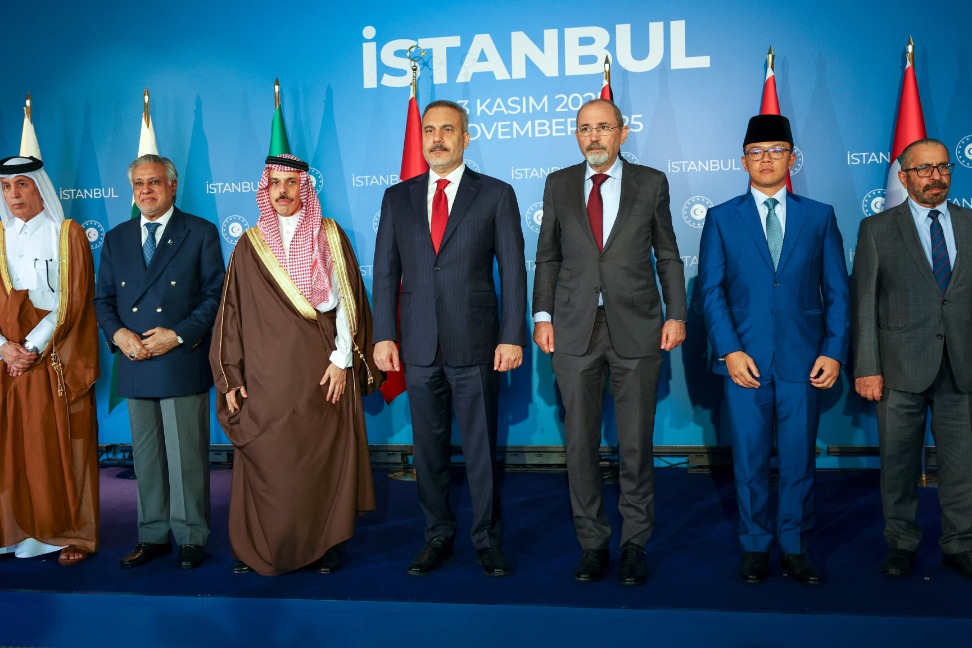Albanese visit set to deepen bilateral ties
Sustained dialogue can help shape a more stable global order, analysts say

Australian Prime Minister Anthony Albanese is going to make an official visit to China — a move that experts say will strengthen bilateral ties and foster cooperation between the two nations.
At the invitation of Chinese Premier Li Qiang, Albanese will pay an official visit to China from July 12 to 18, according to the Chinese Foreign Ministry.
Albanese's visit is taking place as the China-Australia comprehensive strategic partnership enters its second decade, Foreign Ministry spokeswoman Mao Ning said on Tuesday at a regular news conference.
"Under the guidance of the leaders of the two countries and with the joint efforts of both sides, China-Australia relations have continued to improve. China is willing to work with Australia to take this visit as an opportunity to strengthen communication, enhance mutual trust, expand practical cooperation, and advance the comprehensive strategic partnership between the two countries," she said.
This will be Albanese's second visit to China as prime minister, following his first trip in November 2023, according to an announcement on the official website of the prime minister of Australia.
In addition to Beijing, Albanese will visit Shanghai and Chengdu, where he is expected to meet with representatives from the business, tourism and sports sectors.
"China remains Australia's largest trading partner, accounting for almost one third of our total trade, and will remain so for the foreseeable future. We will continue to patiently and deliberately work towards a stable relationship with China, with dialogue at its core," Albanese said in the announcement.
Chen Hong, director of the Australian Studies Centre at East China Normal University in Shanghai, said Albanese's visit will help sustain the positive momentum in China-Australia relations and contribute to easing tensions in the Asia-Pacific region.
"The Albanese administration has adopted a pragmatic approach toward China and recognized the mutually beneficial nature of a stable and healthy China-Australia relationship," he said.
"China remains a vital trading partner for Australia, having been its largest trading partner, export destination, and source of imports for 16 consecutive years. Albanese's visit to multiple Chinese cities highlights the breadth, depth and diversity of China-Australia cooperation," the professor said.
Key priority
"Amid growing global climate challenges, expanding cooperation in emerging fields such as the green economy and clean energy has become a key priority for both countries. Areas like wind power, solar energy, and lithium mining offer significant potential for collaboration," he added.
Daryl Guppy, an international financial technical analyst and a former national board member of the Australia China Business Council, said Australia should restore its strategic autonomy. He emphasized the need for deeper economic and trade cooperation with China.
The stable trade relationship with China has bolstered Australia's economic stability and opened the door for future trade growth, Guppy said.
Both experts emphasized the need to establish guardrails in the China-Australia relationship to help stabilize bilateral ties and foster deeper mutual understanding.
"The two countries should establish clear red lines that should not be crossed and uphold mutual trust in safeguarding their respective interests, so that bilateral ties can stay on the right track," Chen said.
"Guardrails are strengthened through regular high-level leadership meetings, as well as through enhanced people-to-people exchanges, including tourism and educational programs. They are also reinforced by fostering a more mature and nuanced approach to China studies," Guppy added.
The experts also called for closer cooperation between China and Australia to address shared global challenges.
"The Australia-China dialogue presents an opportunity to help shape a more stable, multipolar global order. By strengthening cooperation within multilateral institutions such as the WTO, Australia can adopt a more balanced approach and take a principled stand against unilateral trade measures," Guppy said.
"Through deeper collaboration, the two countries can navigate global headwinds together and serve as stabilizing forces for the world economy," Chen in Shanghai added.
liujianqiao@chinadaily.com.cn
































